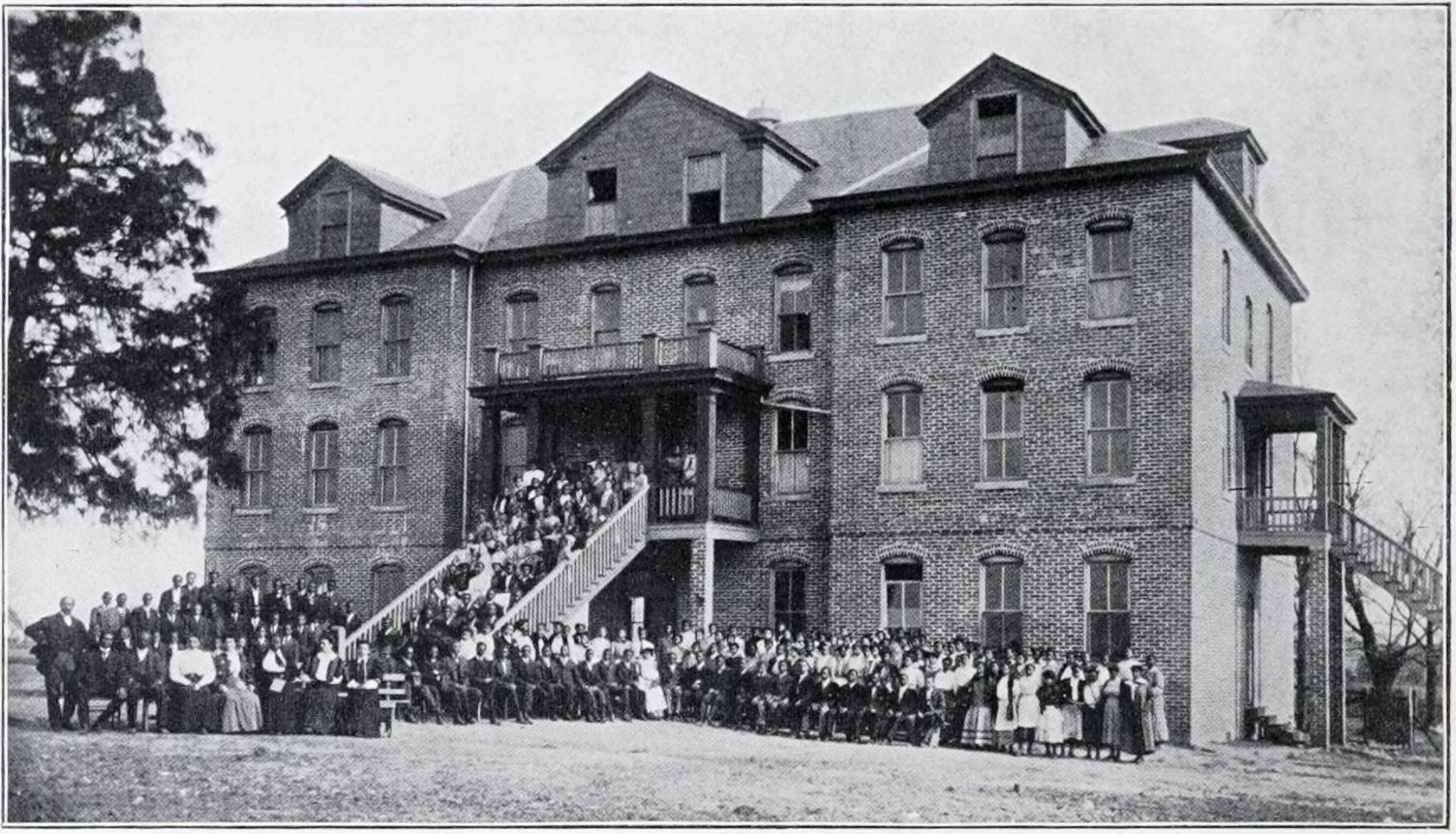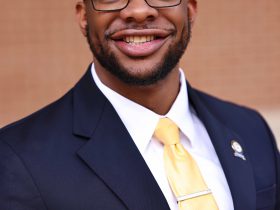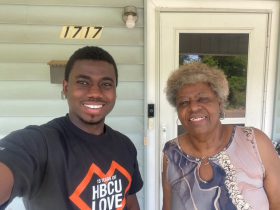By Ashley F. G. Norwood
In 1890, Campbell College was established in Vicksburg, Mississippi by the African Methodist Episcopal Church. Named in honor of Bishop Jabez P. Campbell, it’s the first college funded by African Americans in the state. After nearly a decade, the school relocated to the capitol city adjacent to then Jackson State College.
Rev. Johnny Barbour Junior is 84-years-old. He graduated from Campbell College in 1963.
“I was in the regular college classes and I was in the Edward W. Lampton School of Religion because I was a young minister when I went there,” said Barbour. “It was a nice personalized junior college. We had a personal relationship with the instructors and the teachers at Campbell College.”
It was established as a grammar school and a junior college providing students with basic educational and religious principles.
Campbell College continued to function into the early 1960s with an enrollment of 300 students. Despite its small size Campbell played an important role in Jackson’s civil rights movement. Its students not only participated in demonstrations and protests but also served as supporters and ambassadors of the movement.
“We integrated the bus in Jackson, Mississippi. One student from Campbell College, that was me, and then three students from Jackson State,” said Barbour.

The ‘Jackson Four’ are what they called them: Johnny Barbour, Jr., of Campbell College, Georgie Ann Washington, Walter H. Jones and Doris Ruth Bracey of Jackson State. They were arrested and charged with “breach of peace” for sitting in the whites-only section during a bus sit-in in April of 1961. This came a month after nine Tougaloo students integrated the city’s library system.
“Well, I was a member of the NAACP chapter, and Medgar Evers was living at that time,” said Barbour. “We talked about it. What if they jump on you? You’re still going to take your seat and not move? If the police come to arrest you, you’d get up and be arrested. And that’s what happened.”
“The bus driver stopped the bus and got off of it, came back and told us to go back where we belong and we never said a word,” said Barbour. “And he finally called the police and they came and arrested us and took us to jail.”
Campbell was also known as a place of refuge. That same year, a hundred or more seniors in Mccomb were expelled for walking out in protest.
“When the students in McComb were put out of school they came to Campbell College so they could finish their education,” said Barbour. “Campbell College was a place where you could get love and understanding. If you had made a mistake, you didn’t have to be a mistake. You can overcome and move forward in life.”
Three years later, the state of Mississippi seized the college by eminent domain. Scholars say legislators never called it an act of retribution, but they believe Campbell’s place in the Jackson movement influenced the decision.
“I think that they thought Campbell College was a nuisance in the state. And when they declared eminent domain the state bought Campbell College so they could expand the urban university, Jackson State University.
In 1964, Campbell College promoted its last graduating class. In 2007, JSU named its “Campbell College Suites” in honor of the historic institution.







